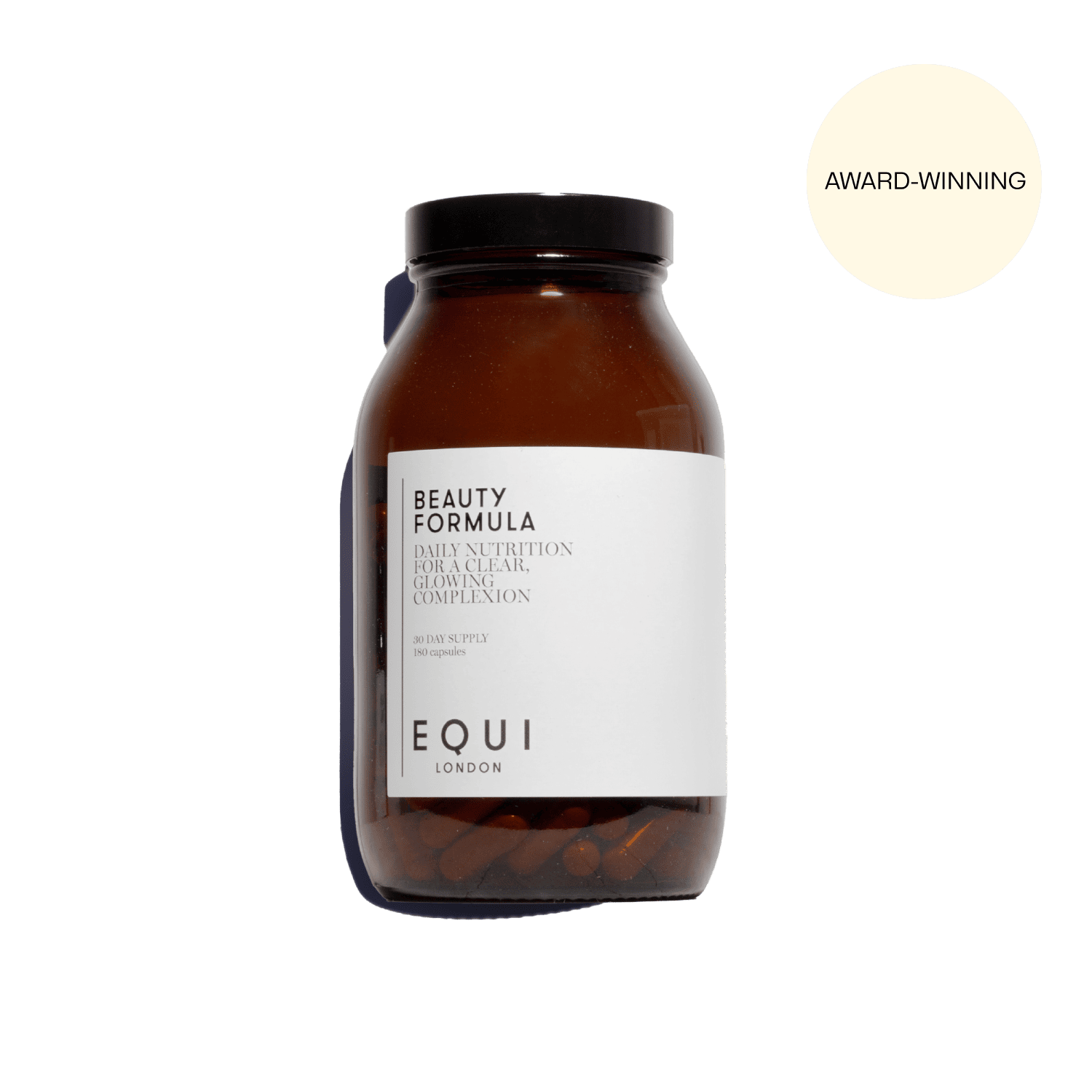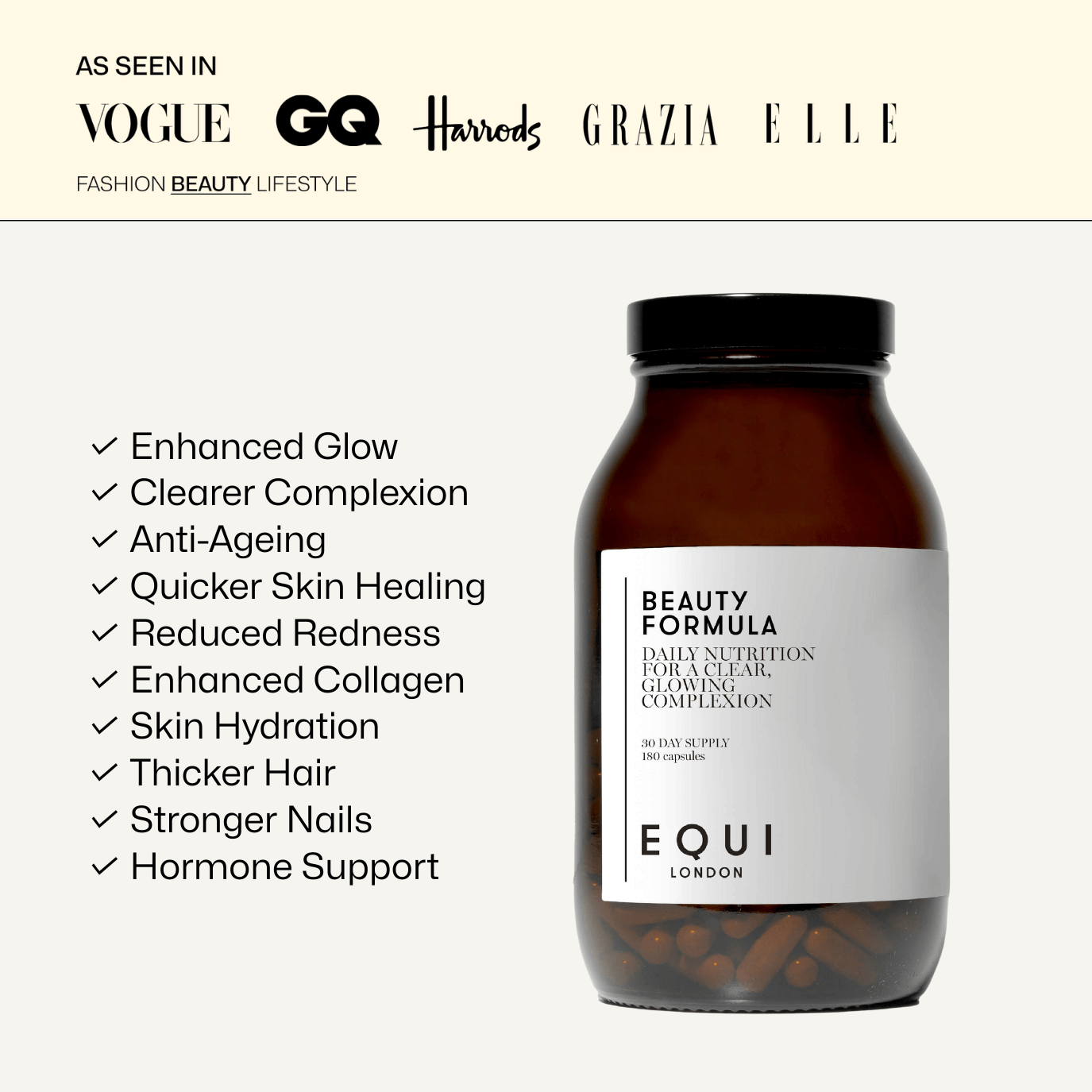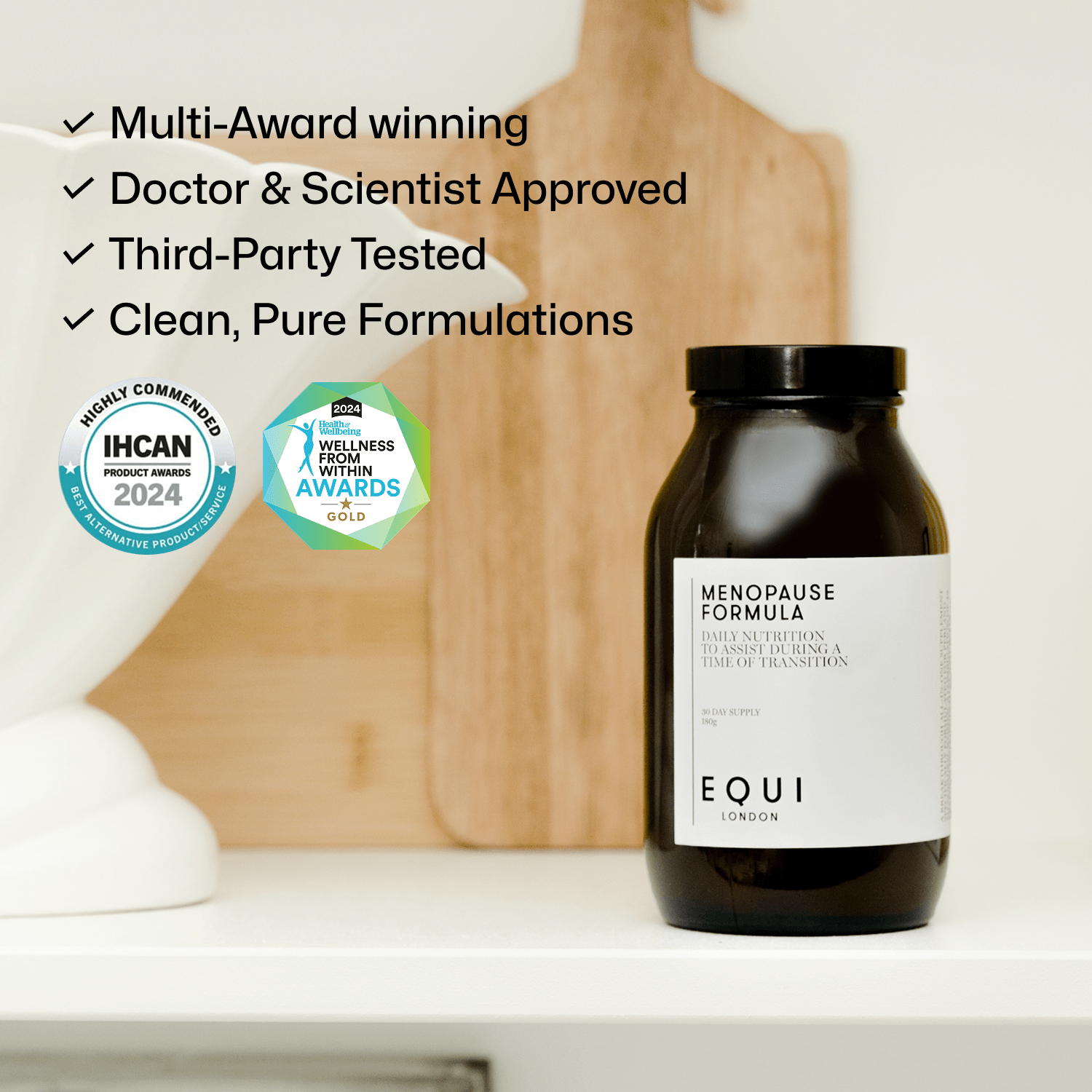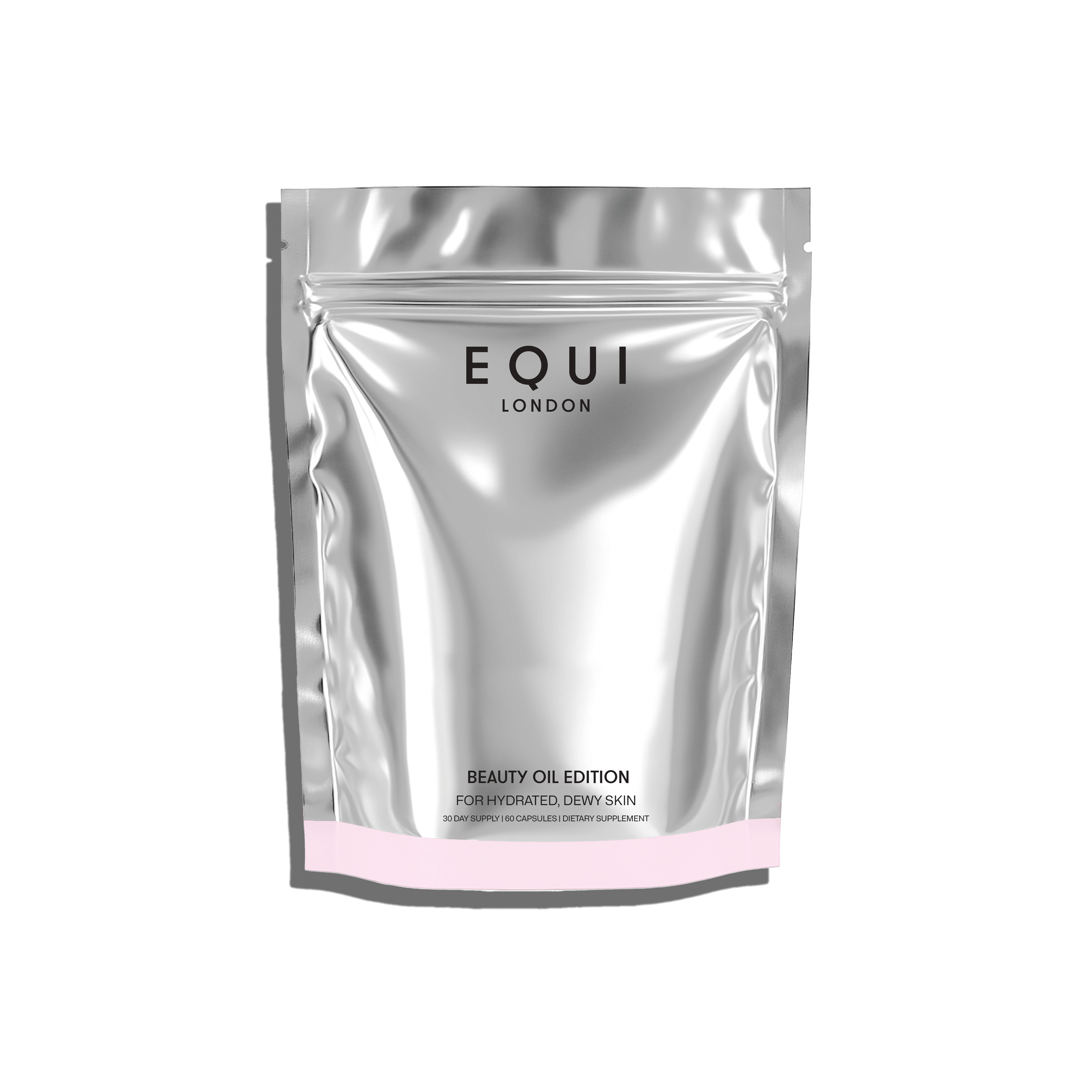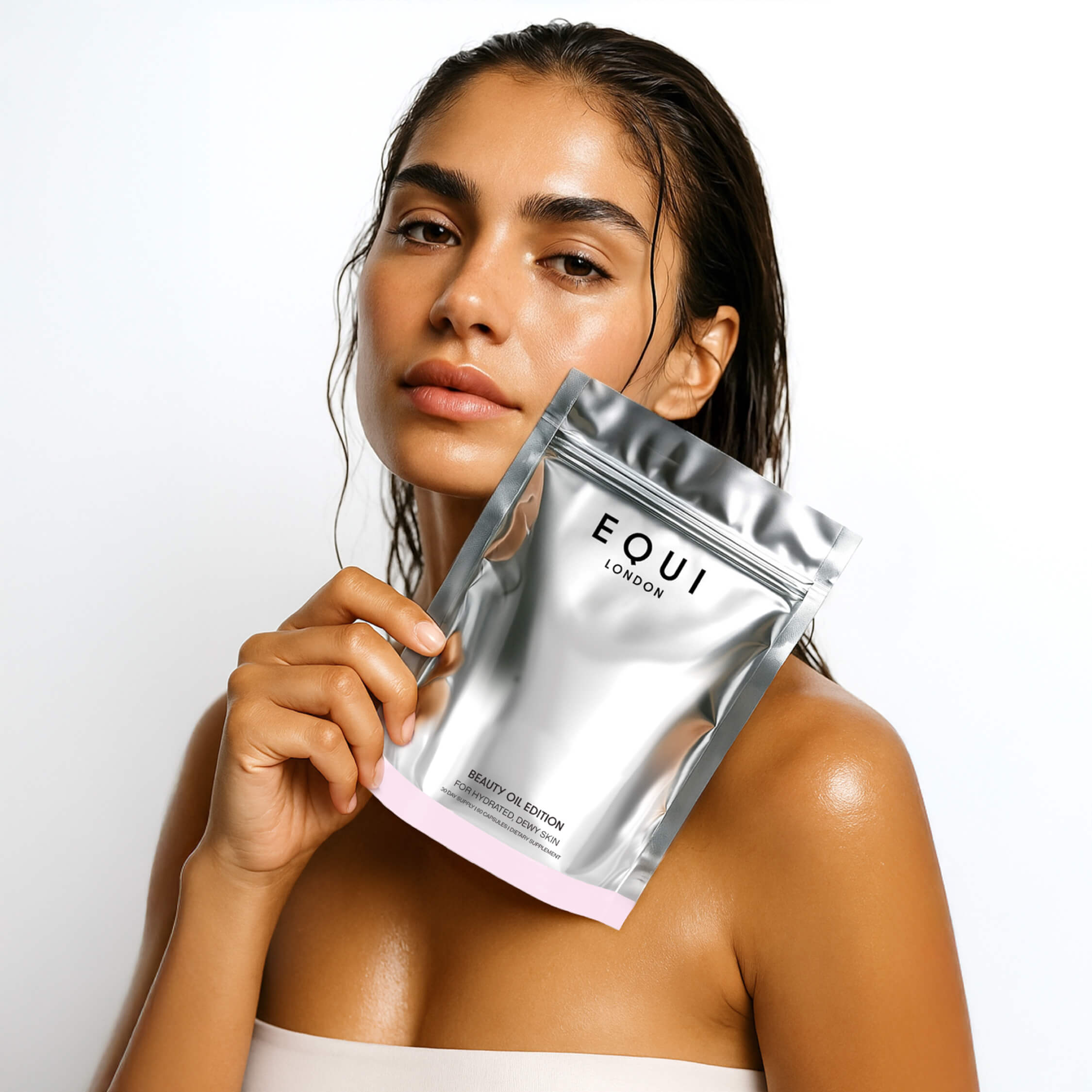Hidden Nasties in Supplements - the fillers, binders and what chemicals we should be looking to watch out for
In our quest to take care of our bodies and feel our best, we spend millions of pounds on supplements each year. More commonly than we might realize however, we are simultaneously ingesting chemicals that have been used to bind, fill, colour or flavour these supplements. For most of us, this is the last thing we want to be ingesting when we are trying to look after our bodies!
In this article we wanted to highlight the key things to be watching out for and avoiding when buying supplements.
Artificial flavours and colours
The most common additives in supplements to watch out for are artificial flavours, colours and preservatives. These do exactly what they say on the tin, and are artificially made from chemicals not naturally present in food or nature. They are generally cheaper than natural alternatives and therefore a tempting choice for manufacturers. Many of these additives have only been introduced in recent years and much of the evidence on their impact on our bodies is incomplete or inconclusive. There have been links to multiple health issues - the links between some artificial colourants and hyperactivity in children are widely acknowledged and the impacts that sweeteners can have on our gut bacteria is also an area being heavily researched.
A note on citric acid, a preservative that sounds like a chemical but is actually natural, and found in lemon skin. This is a great, natural way to keep ingredients fresh.
Colours and chemicals
A frequently used colourant that has found itself in a particular cloud of controversy in recent years is titanium dioxide. After processing, titanium dioxide exists as a white powdery solid. It is commonly used in sun lotion due to its ability to reflect harmful UV rays. However, it is its distinct white pigment that makes it a common choice in supplements as well as food. When used as a food colourant titanium dioxide is known as E number E171. Recent research has led to concerns over its effect on gut health and our immune systems, but whether or not these claims are true, we still don’t really fancy eating it. France has banned the use of titanium E171 in its food production from January 2020. Although decisions have yet to be made regarding any UK ban, Equi have decided to steer clear and not included E171 in any of their products.
Incidentally, remember that not all ‘E’ – numbers are necessarily ‘bad’ – indeed some natural ingredients are listed as e-numbers and you can easily check this online to be sure.
Anti-caking agents
Another very common addition to supplements are anti-caking agents. Probably the most common of these is magnesium stearate, which can also be labeled as vegetable stearate or in the form of its derivatives magnesium or stearic acid. It is popular because it helps prevent the ingredients from sticking to equipment during the manufacturing process and it also enables the product to be easier to swallow. Whilst magnesium stearate hasn’t drawn the heated debate of titanium dioxide and the impacts of it aren’t clear, it certainly doesn’t benefit our health, and is left out of all Equi supplements.
The Verdict
Whilst not all food additives are necessarily harmful or worryingly dangerous, most are not supportive of our health either. Further, there is a lack of scientific data to ensure our long-term safety so why take the risk? This seems especially pertinent given the cocktail of chemicals we ingest from food, drugs, pollutions, cleaning equipment, microplastics; as well as those we slather, wash with and spray over our body, hair, nails.
In our opinion, the one place you should not find extra chemicals is in your health supplements!
We would love to hear from you! Drop us a line, or check out our Instagram or Facebook to see what we are up to and hear about exclusive offers.
Disclaimer: No one diet or supplement regime works for everyone and you should always seek help from a GP and registered health expert before making changes to your diet, or before introducing any supplements. This is especially important when pregnant.
